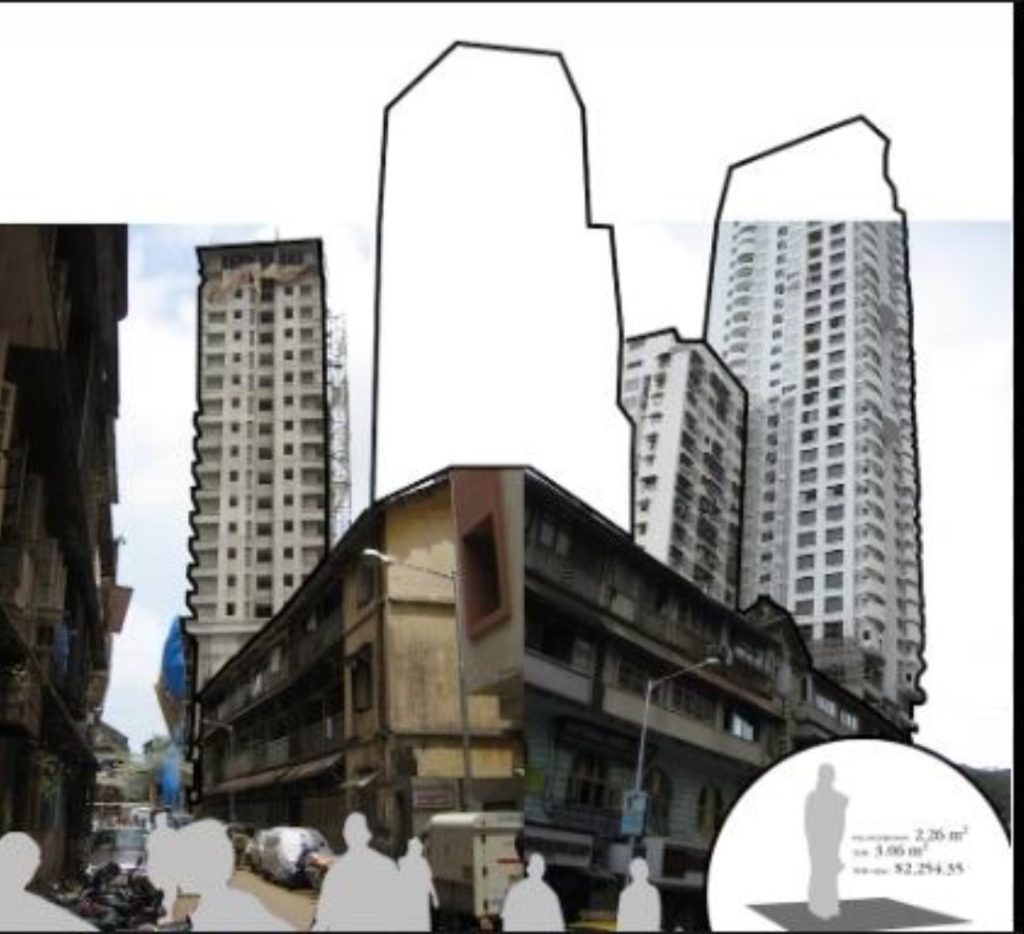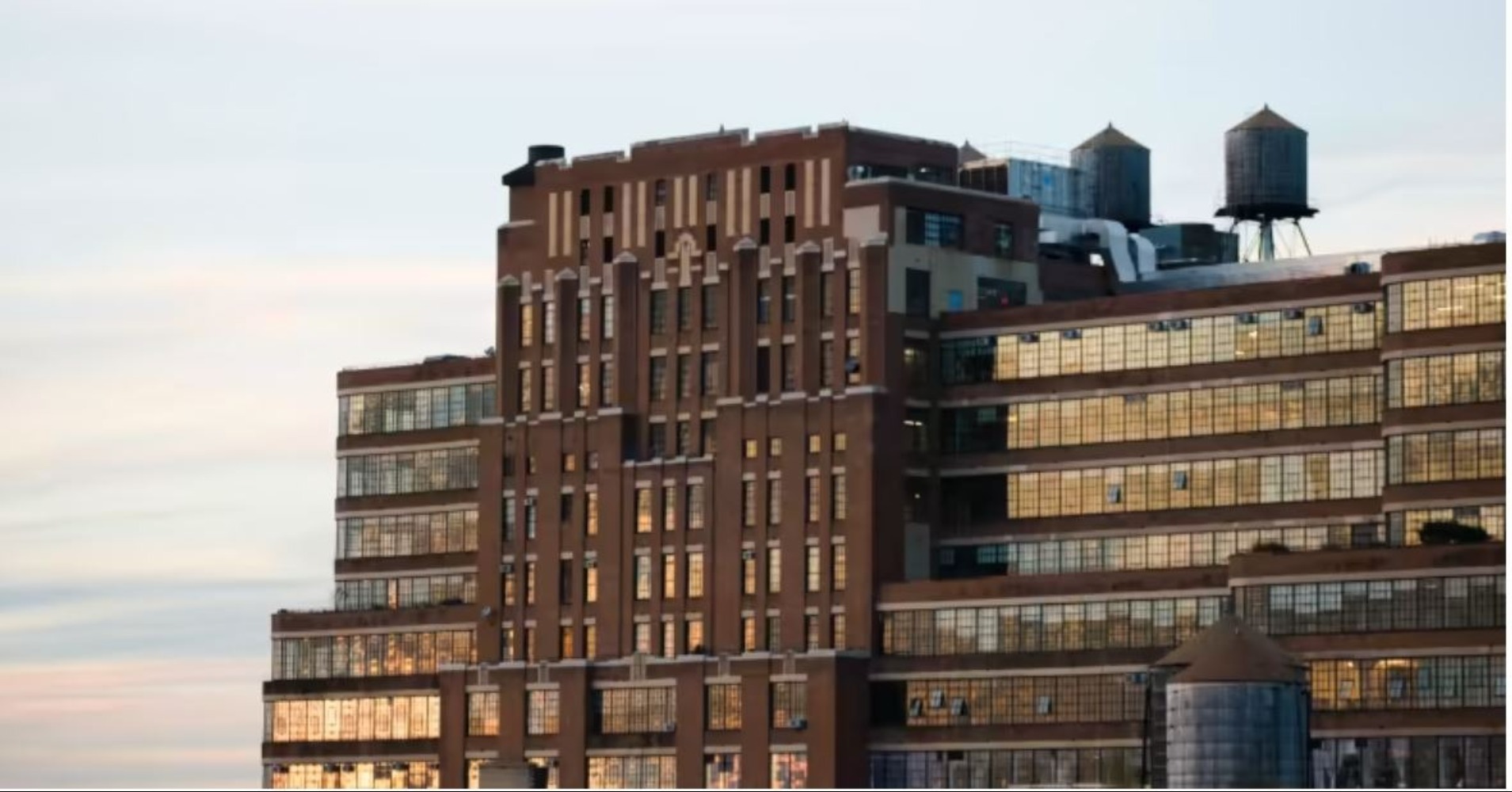Residential and commercial developers are tapping into property equity and exploring creative development opportunities with airspace.

When people think about property investing, they usually think about the land and the buildings on it. But investors shouldn’t forget air rights – the right to develop the space above the property or to sell it to another investor or developer. To subscribe please click tau.id/2iy6f and access our live channel.
In general, a property owner owns and has exclusive rights to use the airspace above their land. The space above existing buildings could be a goldmine for developers thanks to some changes to planning laws.
ALSO READ: Kolkata-based startup bags 2 crore deal
In practice, the right usually extends as high as local planning regulations allow. Air rights have several applications for the property sector. But before all this, let’s stop pondering upon the real meaning of ‘Air’ selling.
What is ‘Air’ Rights
Air rights refer to the legal ability to occupy the vertical air space above a plot of real estate. This encompasses any empty space above a property, from the upper stories of a high-rise building, to power lines, to a region of airspace above a property.
Air rights often come into play with commercial and residential real estate located in urban areas—like Manhattan and Brooklyn in New York City—where space on the ground is limited and developers maximize buildable space by building vertical structures like skyscrapers.
The Concept of Air Selling
The concept dates back to a 13th century legal maxim: whoever owns the soil, it is theirs up to the heavens and down to hell. While the height of air rights isn’t defined, the modern common law doctrine states the air rights are limited to “such height as is necessary for the ordinary use and enjoyment of his land and the structures upon it”.

The execution of the Concept
In 2017, landlord and developer Dexus sold the air rights to The Glen shopping centre in Melbourne to Chinese developer Golden Age Group for $70 million so the developer could build three luxury residential towers on top of the shopping centre.
Air rights can also be exercised to build over but not on top of an existing building. For instance, when Dexus acquired the site for its 80 Collins Street office development in Melbourne, it acquired the air rights to the adjoining property as part of the deal.
And some jurisdictions allow developers to trade air rights at one location for the right to build higher at another location. Citing an example, The 200-year-old Hyde Park Barracks in Sydney raised nearly $20 million for its future conservation efforts by selling its air rights to developers for use elsewhere in the city.
Beneficiaries of the Concept
A planning consultant with a good understanding of the planning framework in the location and the building heights, setbacks and controls can determine the scope of the air rights and their potential value. Owners of office buildings, apartment blocks and shopping strips or centres should check to see if they own any air rights and their potential uses.
A property lawyer with experience in air rights can assess the property’s title to see if these rights come with the property. This can be more complicated with strata properties. As such, air rights are valuable assets in their own right, mostly in densely populated urban areas where there is little option but to build up to develop new accommodation and work spaces should consider how they can unlock their value.
Not An Alienated Concept in India
- In India, the metropolis of Mumbai has a Transfer of Development Rights as a comparable, through which unutilised Floor Area Ratio in one project can be utilised elsewhere and even sold to a third party.
- Indian Railways and associated agencies have been the pioneers in air rights utilisation, actively monetising their large land holdings via rail yards.
- The Delhi Metro Rail Corporation has allowed the private players involved with the Metro construction to utilise air rights for commercial and retail use.
- The Department of Posts is utilising air rights as a means to finance the real estate development and create a taller, iconic skyline to reflect their status as rising global cities is the way forward for Indian cities.
Conclusion
The technique is to first allow air rights to be tradable and thence to acquire the right to use the open space over such low-slung installations as roadways, railroad yards and schools, and to fill that space with new buildings.
The windfall to the state machinery and the monies received from developers will go a long way in bridging the funding gap for achieving country level development across all priority sectors. The caution in this tale – ensure that support infrastructure is adequately planned to enable creation of a sustainable and optimal city ecosystem.




